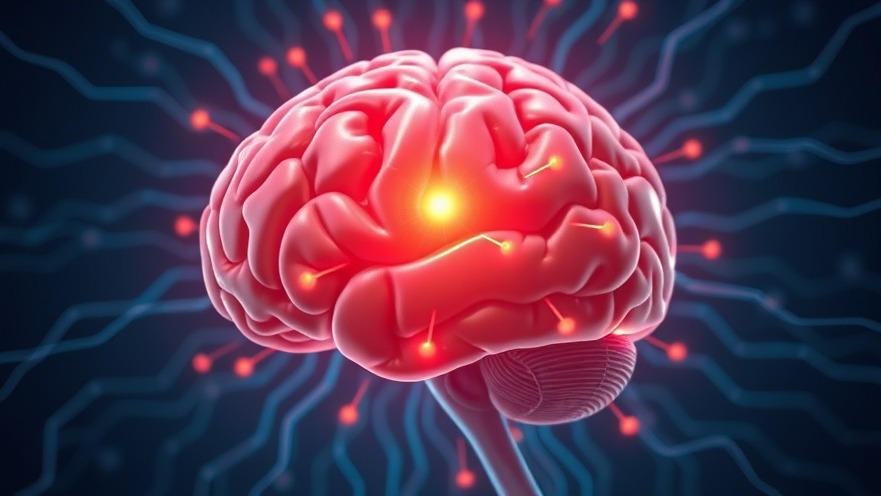
Brain Implants: Bridging Hope and Ethical Challenges
The field of brain implants, particularly neural prosthetics, is witnessing unprecedented advancements that promise valuable therapies for patients grappling with neurological disorders. Recent discussions led by experts including Stanisa Raspopovic from the Medical University of Vienna highlight not just the technological milestones in this arena, but also the crucial ethical considerations that accompany such innovations.
Recent Progress in Brain Implant Technology
Innovations in implantable neural devices have moved beyond animal testing to human trials, a significant leap for the field. With these developments comes hope, especially for individuals who have lost mobility or cognitive function due to conditions like spinal cord injuries. For instance, a recent case saw a paraplegic patient in the U.S. able to regain limited control through a brain chip implant, allowing him to navigate his environment and engage in activities like playing chess. This progress not only showcases technological potential but also illustrates the innate human desire for functionality and independence.
Ethical Considerations: The Human Element
As the technology develops, ethical concerns must be front and center. The implications of connecting human neural pathways to external devices involve sensitive information and personal autonomy. As Raspopovic and his team candidly note, ethical dilemmas stretch beyond the mere availability of the device post-study. Questions arise concerning who will maintain these implants, particularly when industry-led trials come to a conclusion.
Maintaining Patient Care Beyond Trials
A recurring concern in the landscape of neuroprosthetics revolves around the continuity of care once clinical trials conclude. Participants like the aforementioned patient may benefit during a trial, but what happens when the research ends? The need for a clear framework that supports patients post-trial is essential, ensuring continuity in care and maintenance. This lack of provision can create ethical quandaries and emotional strife, particularly if a technology that holds transformative potential is suddenly withdrawn.
Potential Risks and Diverse Perspectives
While excitement about advancements in brain implants continues to grow, it is vital to acknowledge the potential risks that accompany such innovations. Some challenges may arise, such as device malfunction or psychological impact due to reliance on external technologies. Diverse perspectives in the field emphasize the necessity of discussing these challenges openly, ensuring those engaged in patient care are well-equipped with knowledge about the benefits and limitations of these advances.
Future Insights and the Path Ahead
The future of neural implants is teeming with potential, but it demands a cautious approach interwoven with ethical, social, and emotional considerations. As we advance, crafting guidelines that prioritize patient welfare and ethical responsibility is paramount. Through collaborative dialogue among scientists, ethicists, and health practitioners, a balanced approach could steer the evolution of brain implants positively.
The Need for an Ethical Framework
Developing a robust ethical framework is not just critical for the success of future research but also imperative for maintaining the trust of patients and the wider community. This framework should address the responsibilities of developers and healthcare providers when navigating the uncertain waters of this pioneering field. Ensuring that ethical considerations are integrated into every stage of device development and clinical testing is key to its acceptance in medical practice.
Conclusion: A Call for Responsible Innovation
As brain implants continue to develop, the challenges and ethical considerations outlined for healthcare practitioners are essential to grasp. Continuous education and awareness of the implications of these technologies will ultimately decide their integration into clinical settings and the quality of patient care moving forward. The intersection of technology and ethics in healthcare requires ongoing vigilance, preparation, and dialogue among all stakeholders.
 Add Row
Add Row  Add
Add 






Write A Comment